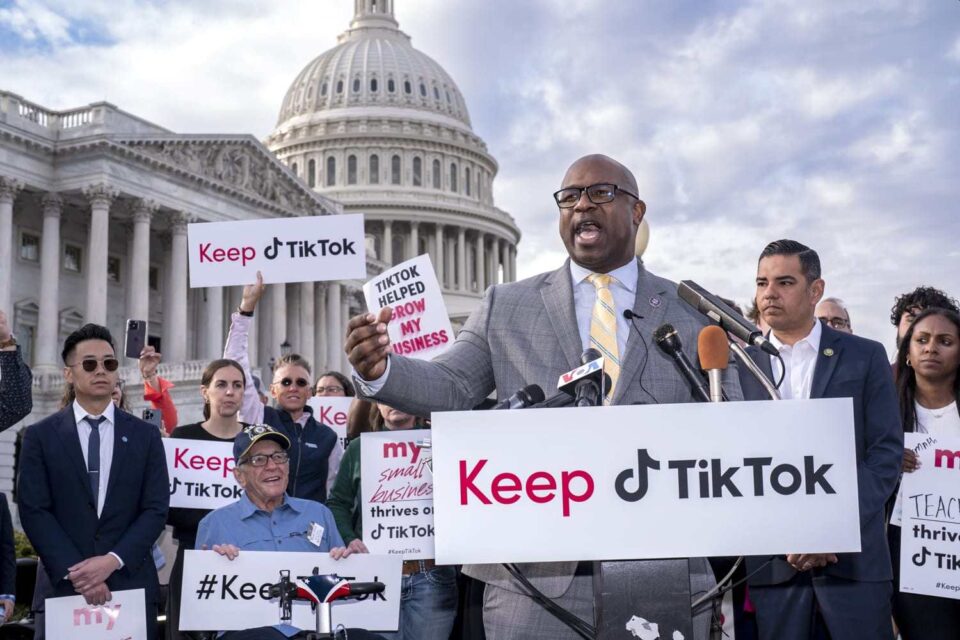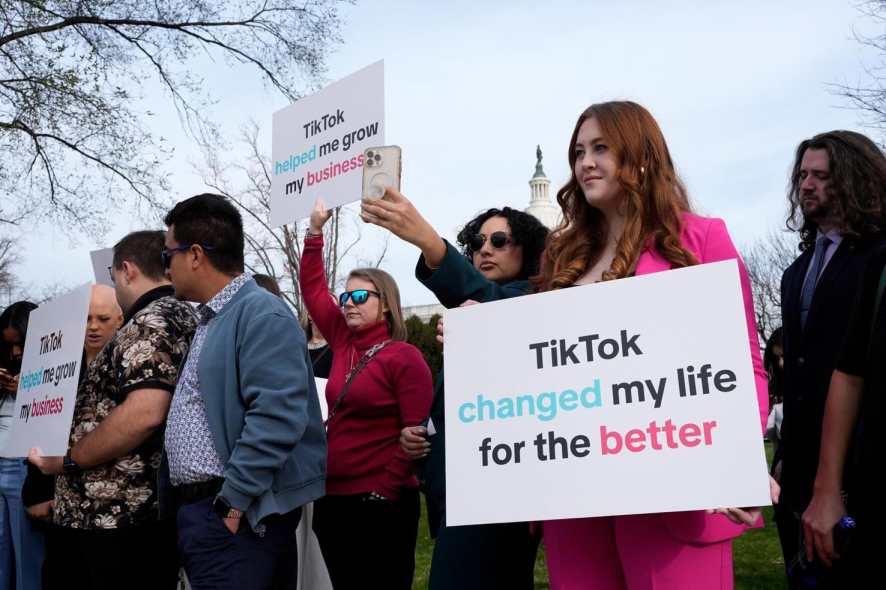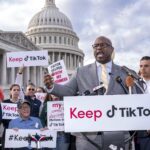TikTok’s future hangs in the balance as US Supreme Court weighs free speech arguments over ban

The future of TikTok is at stake and could be decided soon as the U.S. Supreme Court considers free speech arguments over a potential nationwide ban. If its China-based owner, ByteDance, doesn’t relinquish control of the app, TikTok might no longer be available in the U.S. as early as next week. Stay updated with our live blog for the latest news and analysis.
The justices are reviewing the Protecting Americans from Foreign Adversary Controlled Applications Act. This law, which targets TikTok, imposes steep civil penalties on entities that continue to operate the app after January 19, according to a report from CNBC. At the heart of the case is whether the law violates the U.S. Constitution’s free speech protections.
The timeline for a decision remains uncertain. If ByteDance doesn’t divest TikTok to an American company, the platform faces a complete shutdown in the U.S.
Millions Speak Out
As the Supreme Court hears arguments, TikTok users and creators are voicing their concerns. Many have shared how the platform has shaped their lives, offering new opportunities for creativity and income.

Late December, the U.S. Supreme Court agreed to hear TikTok’s appeal to block a federal law that threatens to ban the platform in the U.S. unless its China-based parent company, ByteDance, agrees to sell it.
This decision provides TikTok and ByteDance an opportunity to contest the legislation, which has sparked widespread controversy and ongoing legal challenges.
What’s at Stake for Users?
TikTok’s 115 million U.S. monthly active users could see different outcomes depending on when the court makes its decision.
If the ban takes effect on January 19 and no decision is made beforehand, users with the app already downloaded might still be able to access it. However, updating or redownloading the app would likely be off the table, legal experts suggest.
For creators who rely on TikTok for income—whether through ads, partnerships, or merchandise—a ban could force them to migrate their content and audience to platforms like YouTube or Instagram.
“Even a temporary shutdown would be significant—not just for creators but for everyone who shares or views content,” said George Wang, a staff attorney at the Knight First Amendment Institute. He also warned about the precedent this could set for online speech regulation.
Who’s Supporting and Opposing the Ban?
Amicus briefs from lawmakers, organizations, and even President-elect Donald Trump have poured in, supporting both sides of the argument.
The government, led by Attorney General Merrick Garland, argues that until ByteDance divests TikTok, the app remains a tool for espionage and covert influence operations.
Trump’s brief took a different stance, asking the court to avoid banning the platform while he explores a political solution to address national security concerns.
TikTok has played a pivotal role in campaigns, including those of Trump and Kamala Harris during the 2024 presidential race. It’s also become a major source of news for younger voters.
In a September post on Truth Social, Trump urged Americans to vote for him to save TikTok, a statement he also referenced in his amicus brief.
What’s Next?
The timing of the Supreme Court’s ruling is still unclear, but the expedited hearing suggests a decision could come sooner rather than later.
With TikTok’s massive user base, the case carries significant weight. Erwin Chemerinsky, dean of Berkeley Law, highlighted the broader implications: “This is an unprecedented move to prohibit a platform used by so many people. It brings free speech concerns into direct conflict with national security claims,” CNBC reported.




